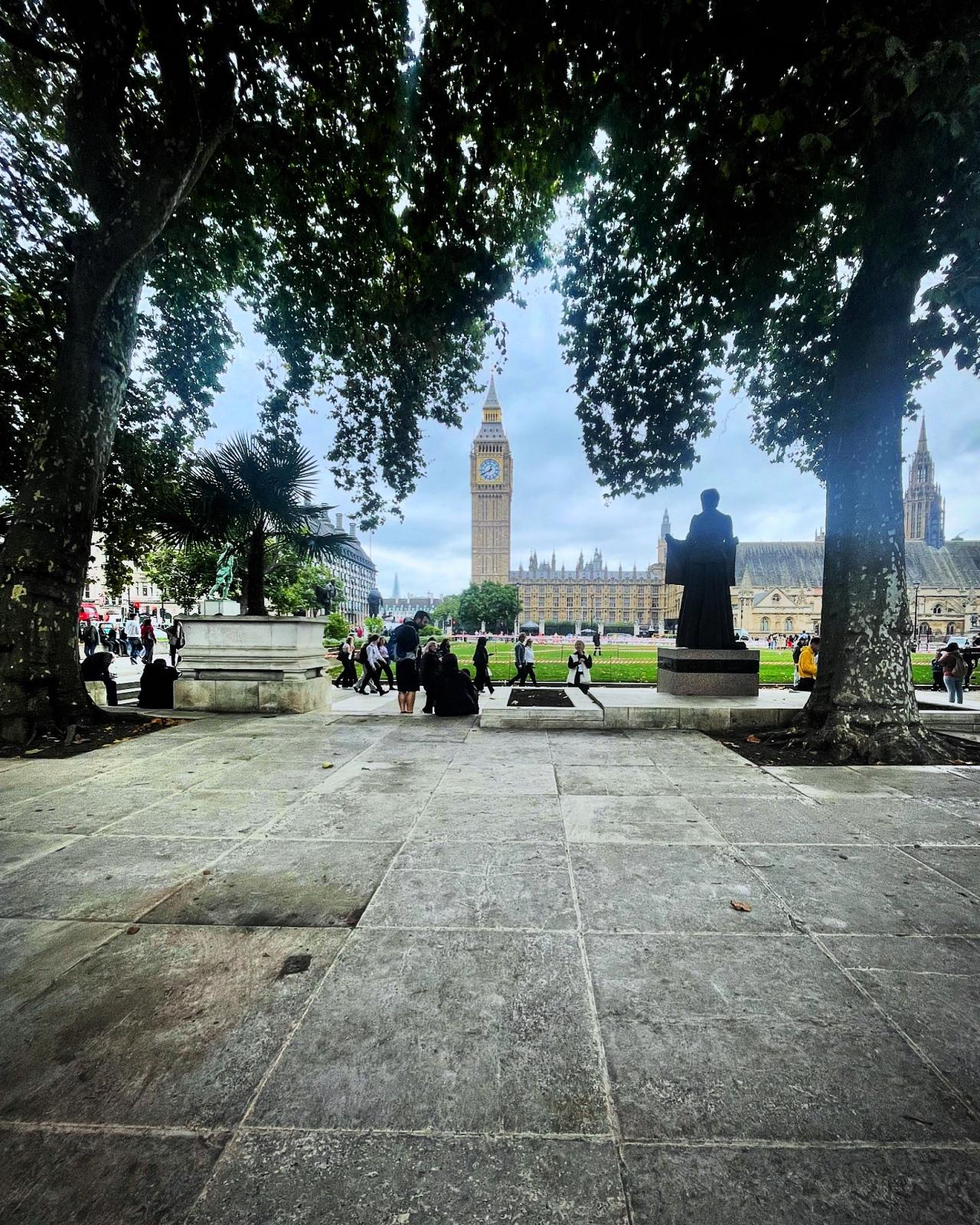By Fr Hugh Mackenzie
Given the recent introduction of a bill in Parliament, I want to share why the Church opposes legalising assisted suicide or euthanasia, inspired by my experience of deathbed ministry at St John’s Hospice.
Human beings are good beings. This is true even if they do bad actions, but especially if they have bad suffering. To be alive is to have an importance. This basic value is not earnt but received along with life itself. Love of someone affirms that importance. Denying the importance of someone’s life is not true love.
The basic concepts of good and bad, right and wrong, compassion and trust, emerge from this intrinsic value of the human. Goodness is ultimately about fostering the human person. To set criteria by which the importance of someone staying alive can be evaluated, undermines their basic value and the very basis of morality and civilisation.
You don’t need to believe in God to understand this, but it does complete the picture. In the light of faith, we believe that life is a gift of God and that every human being has an eternal dignity. The basic value and vocation of human life is not earnt but given, by God.
This all means that St Paul was right, the way we live and die affects everyone else (Rom 14:7). No one is an island. It is wrong to argue as some do that euthanasia is a matter of personal choice.
Legalising euthanasia would profoundly change the relationship between medical professionals and patients in hospitals and care homes. It would also damage trust within families. The sick and elderly often worry that they are a burden on others and could easily feel pressurised into asking for help to end their lives. In countries where euthanasia is legal, resources for hospices and funding for research into better end-of-life treatments have been tragically reduced.
Far from life becoming pointless in the face of terminal illness, such moments can be occasions of amazing grace, as I and many hospital chaplains can attest. Loving when carrying a cross saves the world.
The end of life’s journey can present serious physical and mental challenges, yet pain is always easier to bear when we are at peace. Research shows that persistent requests for assisted suicide are rare when people's spiritual needs are adequately met. Our ‘quality of life’ is not just about physical health and autonomy, but about our spiritual well-being. Human dignity is sustained by the love we receive and the love we give and ultimately, real peace comes from living, and dying, in the love of God.
This is why we should surround the dying not just with the best physical care but with constant prayer, like Our Lady at the foot of the cross. This is the true meaning of ‘assisted dying’.
